Sleep experts from Flinders University (Australia) used sleep tracking devices to detect snoring and home monitors to monitor the blood pressure of more than 12,000 participants for 9 months to understand the link between frequent snoring and high blood pressure.

If snoring is accompanied by signs of insufficient sleep, excessive sleepiness or breathing problems observed during sleep, it is advisable to consult a doctor.
Results have found that frequent loud snoring may be an early warning sign of high blood pressure.
Specifically, people who snore regularly have nearly twice the risk of developing dangerously high blood pressure. The risk is almost doubled in people who snore regularly and have sleep apnea, said lead author Professor Danny Eckert, Head of Sleep Health at Flinders University, according to science site Scitech Daily .
Hypertension is the medical term for long-term high blood pressure. This condition can lead to serious health problems such as heart failure, stroke, heart disease, or kidney disease.
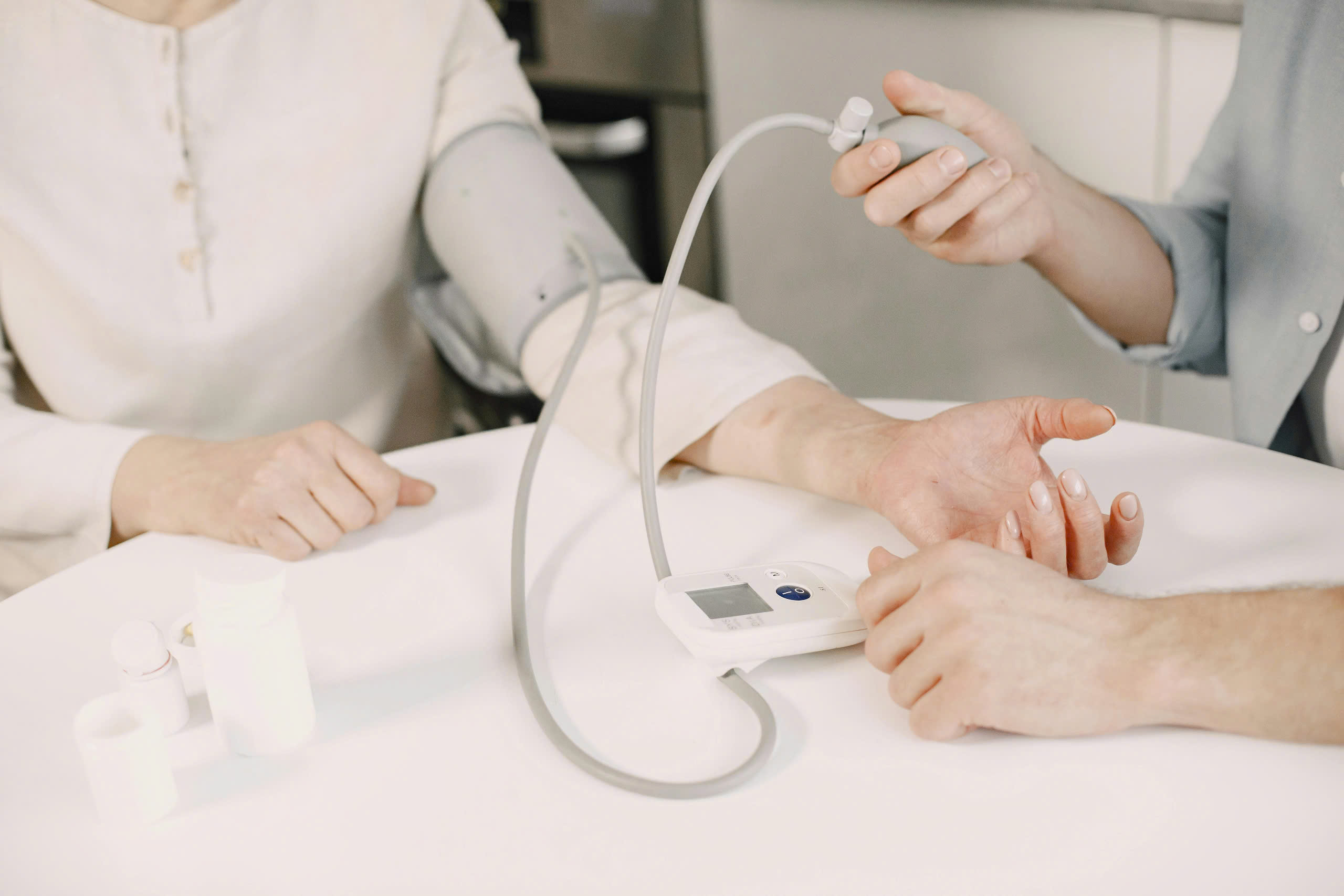
People who snore regularly are nearly twice as likely to have uncontrolled high blood pressure.
For the first time, we can confirm that there is a strong link between frequent night-time snoring and high blood pressure, said lead study author Dr Bastien Lechat from Flinders University.
This is the largest study to objectively investigate the potential relationship between snoring, sleep apnea and hypertension, said Bastien Lechat, and it has provided important insights into the potential consequences of snoring on the risk of hypertension.
So, researchers note: If snoring is accompanied by signs of insufficient sleep, excessive sleepiness or breathing problems while sleeping, you should talk to your doctor, according to Scitech Daily.
Source: https://thanhnien.vn/nguoi-lon-tuoi-gap-dieu-nay-trong-khi-ngu-coi-chung-bi-tang-huyet-ap-185240917080144118.htm



![[Photo] General Secretary To Lam receives US Ambassador to Vietnam Marc E. Knapper](https://vstatic.vietnam.vn/vietnam/resource/IMAGE/2025/3/31/5ee45ded5fd548a685618a0b67c42970)
![[Photo] 2nd Conference of the Party Executive Committee of Central Party Agencies](https://vstatic.vietnam.vn/vietnam/resource/IMAGE/2025/3/31/8f85b88962b34701ac511682b09b1e0d)

![[Photo] Speeding up construction of Ring Road 3 and Bien Hoa-Vung Tau Expressway](https://vstatic.vietnam.vn/vietnam/resource/IMAGE/2025/3/31/f1431fbe7d604caba041f84a718ccef7)
![[Photo] Prime Minister Pham Minh Chinh receives delegation of leaders of US universities](https://vstatic.vietnam.vn/vietnam/resource/IMAGE/2025/3/31/8be7f6be90624512b385fd1690124eaa)




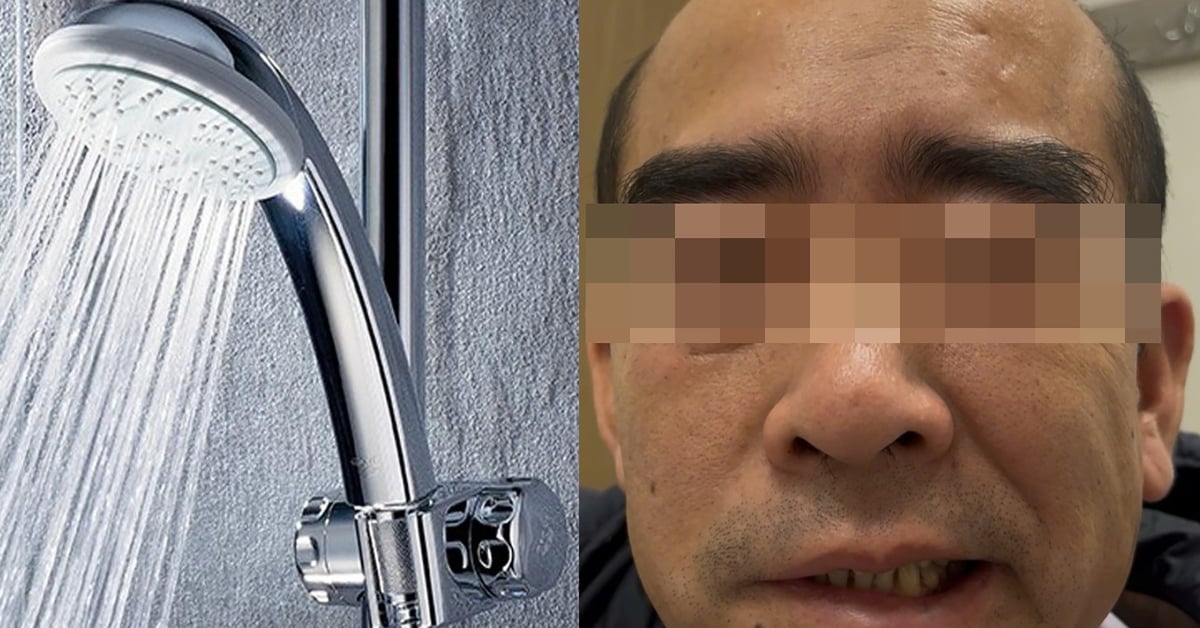







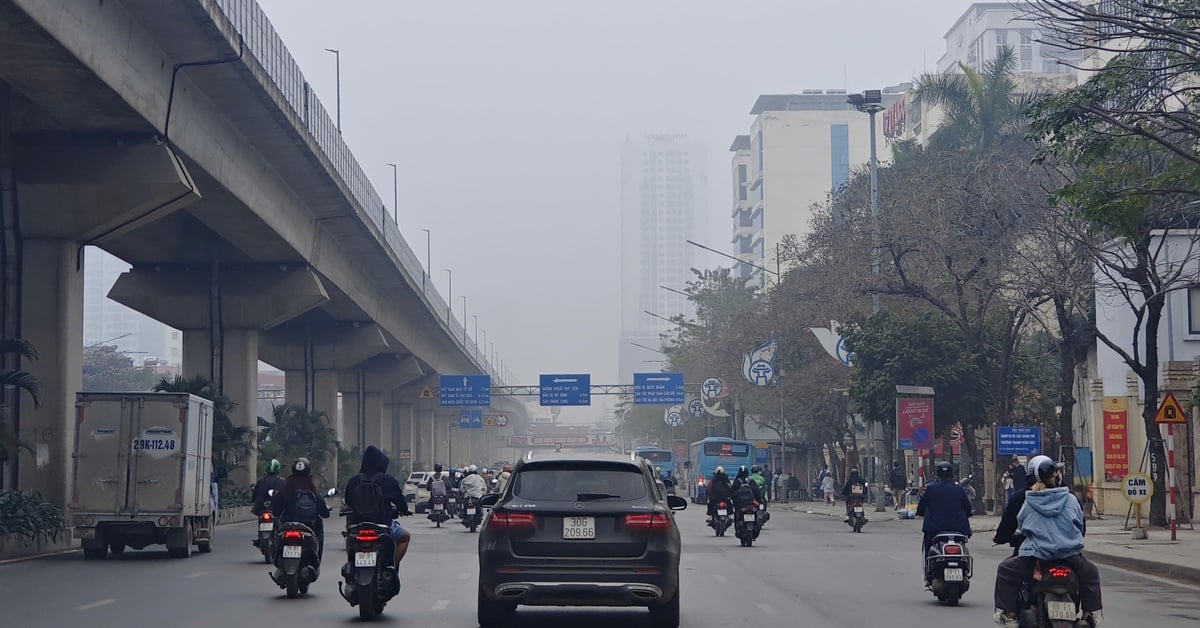























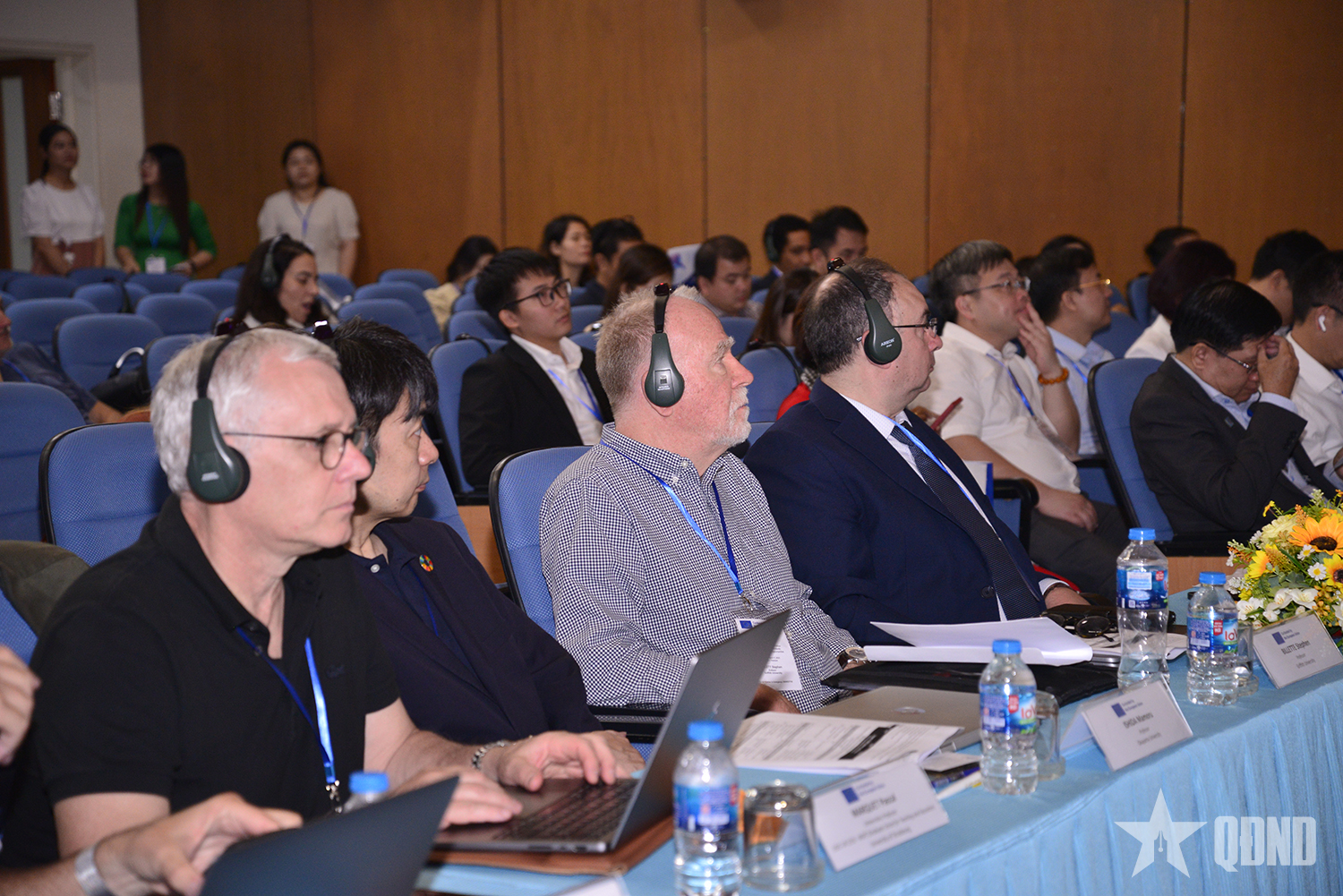




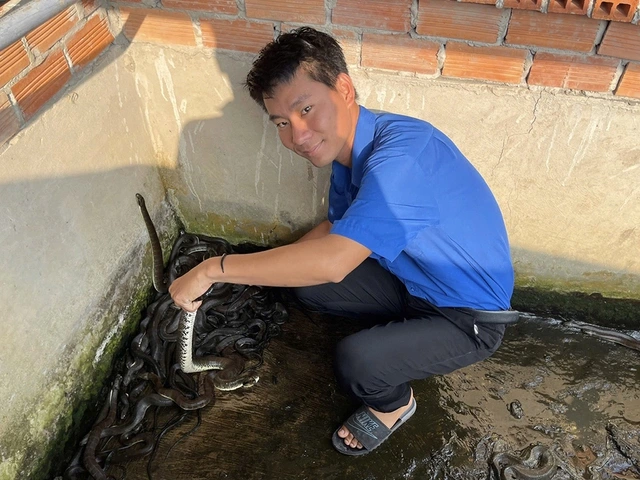













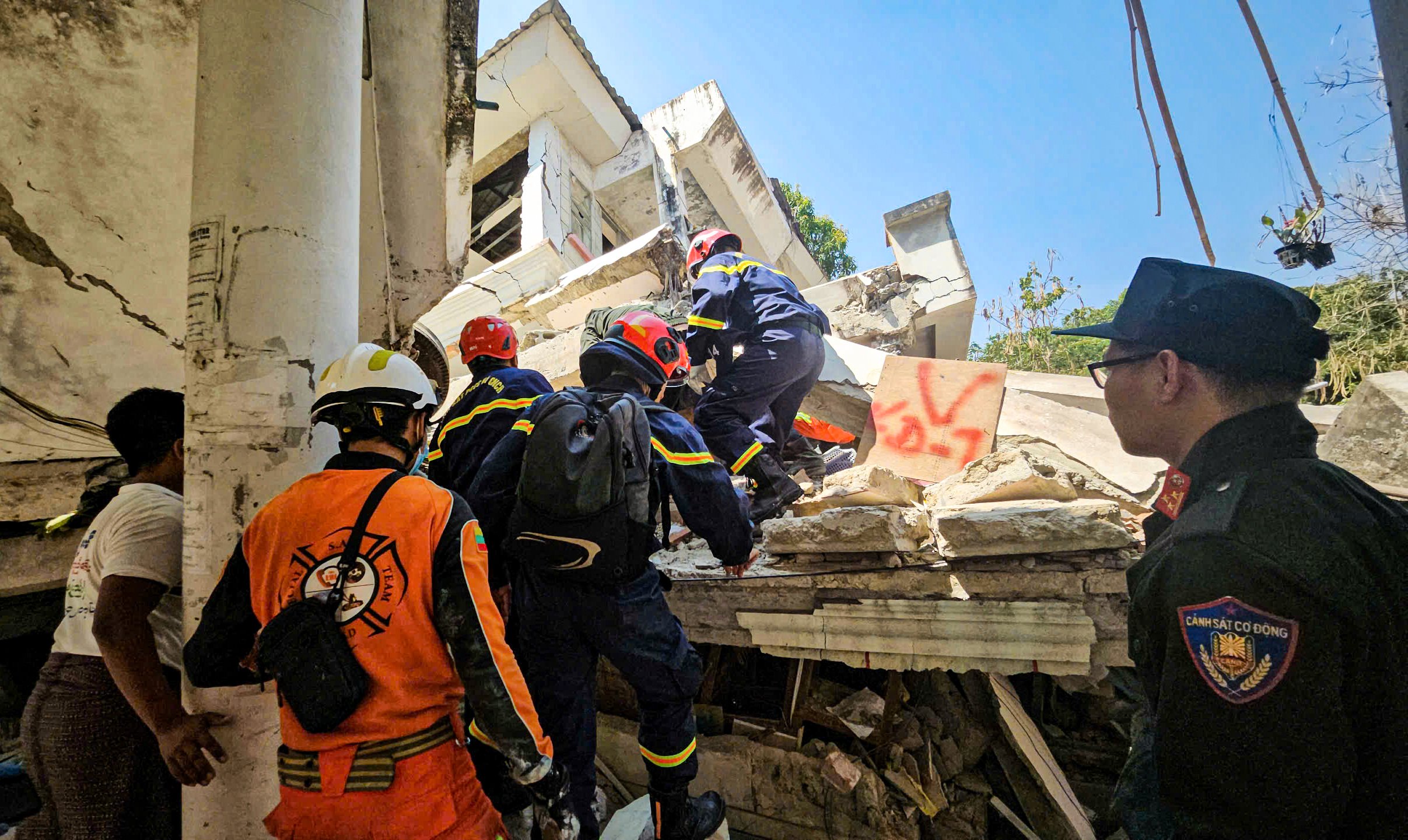
































![[REVIEW OCOP] An Lanh Huong Vet Yen Cat](https://vstatic.vietnam.vn/vietnam/resource/IMAGE/2025/3/27/c25032328e9a47be9991d5be7c0cad8c)

Comment (0)